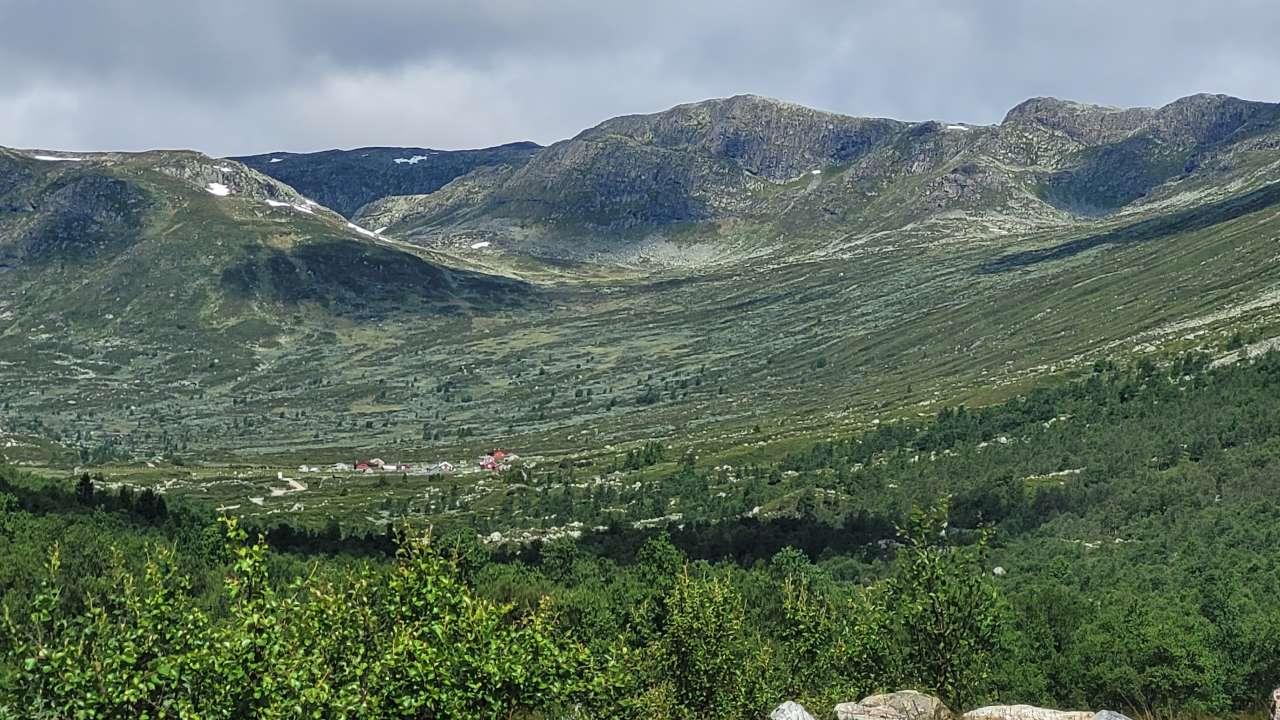Division of Survey and Statistics
Mitigation and Adaptation in Cultural Heritage Landscapes: Lessons from Transhumant Pastoral Systems for Managing Novel Climate Risks (PastAdapt)

End: apr 2027
Start: may 2024
Cultural landscapes provide essential ecological and sociocultural services and contain insights needed to combat climate change, but they are vulnerable to climate change and other stressors. By examining the cultural landscapes of transhumant pastoralism in France, Norway, and Spain, we will detail climate and other threats to this intangible cultural heritage (ICH), the characteristics and factors that create adaptive capacity in these systems, and methods for sustaining ICH through community action and policy.
| Status | Active |
| External project link | Belmont Forum |
| Start - end date | 01.05.2024 - 30.04.2027 |
| Project manager | Sebastian Eiter |
| Division | Division of Survey and Statistics |
| Department | Landscape Monitoring |
| Partners | Research: University of Georgia, Appalachian State University, University of Kentucky (all US), Centre National de la Recherche Scientifique - CNRS (FR), Basque Centre for Climate Change - BC3 (ES), University of Lausanne (CH); Stakeholders: Norsk seterkultur (NO), La Commission Syndicale du Pays de Soule (FR), Asociacion Concejo de la Mesta (ES) |
| Total budget | 4080000 |
| Funding source | Research Council of Norway / Belmont Forum |
The research supports three goals established with societal partners: 1. Develop a toolkit that helps communities and decision-makers assess the vulnerability and resilience of cultural landscapes. 2. Develop communication resources for the public and policy makers illustrating why threatened cultural heritage matters and how cultural heritage can contribute to climate change mitigation and adaptation. 3. Contribute to scientific literature on the vulnerability and resilience of cultural landscapes and culturally informed strategies for climate mitigation and adaptation. Our team builds on multiple collaborations and deep expertise. The most significant involves French, Spanish, and U.S. partners modeling future changes in the French Basque pastoral system. The Basque Centre for Climate Change specializes in Spanish transhumant pastoralism and ecological modeling; Swiss partners designed tools for measuring livelihood resilience, and partners in Norway have expertise in agricultural landscape change, cultural heritage, and public participation. Societal partners (Syndicate of Soule and Concejo de la Mesta) will contribute to project management and synthesis, and farmers are fully engaged in collecting and analyzing data. In addition to adaptation and management tools, the project supports guides for professional journalists and farmer-made films to spread awareness and increase public support for cultural heritage protection.
Publications in the project
Abstract
No abstract has been registered
Authors
Sebastian EiterAbstract
No abstract has been registered
Authors
Sebastian EiterAbstract
No abstract has been registered
